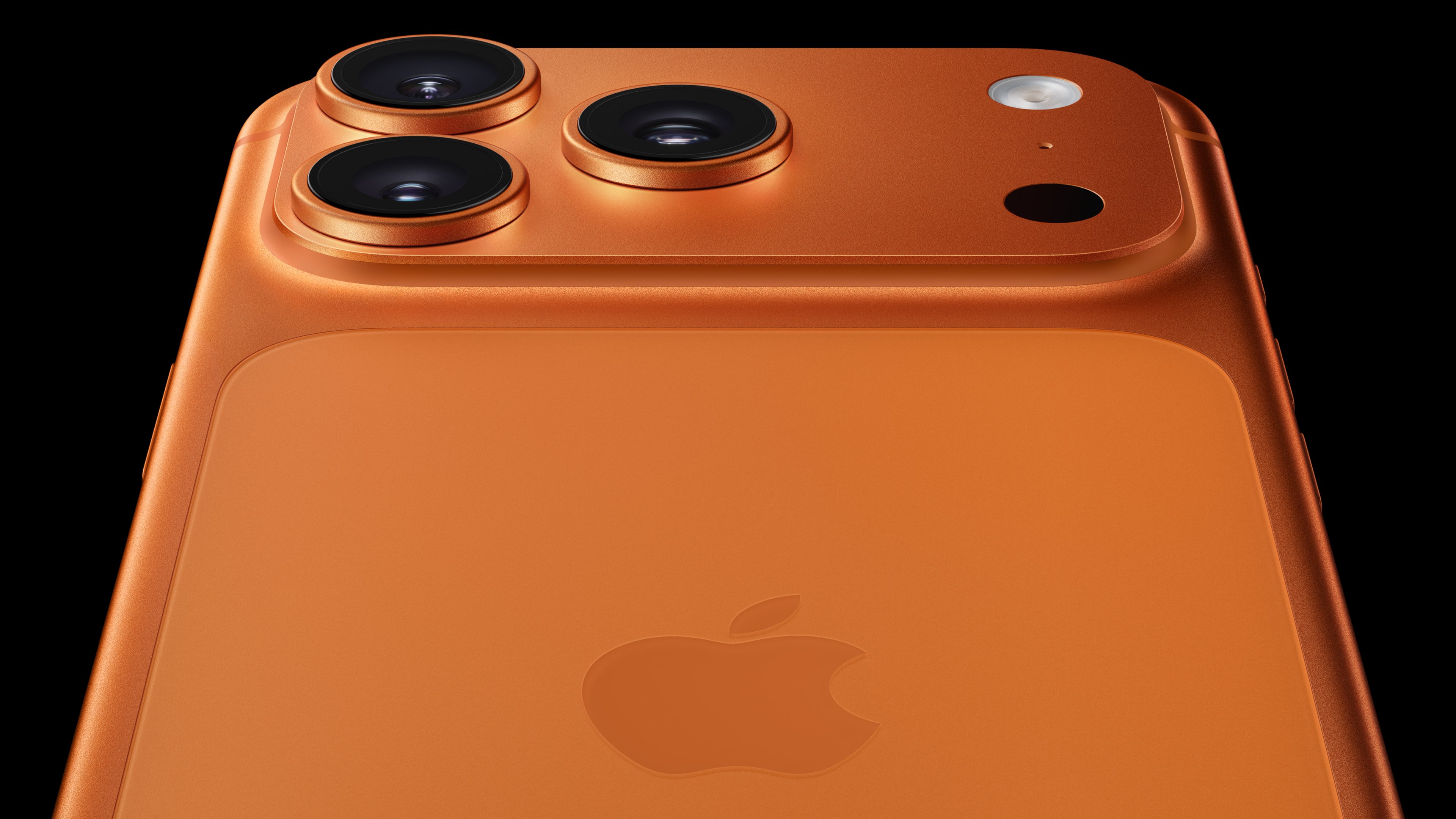The breadth of Apple's (AAPL +0.58%) problems relative to the apparent strength of Google (GOOG +1.01%) seems to be a bitter pill for the company and investors to swallow as the shift in dominance between these two behemoths continues. This week, research firm IDC released its current outlook for the tablet market, showing for the first time that Android is expected to outsell iOS for the entire year. With Apple sitting on a 40% decline from its historic high last fall, you must ask yourself if this is reason for concern or simply a reflection of a different business approach.
The song remains the same
When Google first introduced Android to compete with Apple's mighty iPhone, it was easily dismissed as an unimportant market participant that was too far behind to ever catch up. Android now commands a nearly 70% market share on a global basis, while iOS remains below 20%. This is tempered by the fact that Android has a much larger presence on the low end of the price spectrum, while iPhones are the preference of those looking for a premium product.
Along these same lines, the iPad that once created and defined the tablet market is facing the same kind of pressure that the iPhone experienced. According to IDC's projections, Android will account for 48.8% of the market in 2013, which is a significant increase from the 41.5% expected in the firm's last report. This comes as a part of an overall increase in the projected size of the tablet market in 2013, largely as a result of expanded expectations for lower-priced devices: IDC upped its forecast to 190.9 million units from the previously expected 172.4 million units.
To put this into some perspective, Apple had 51% of the market in 2012 but is projected to fall to 46% in 2013. This is not purely bad news for Apple, because a smaller percentage of a much larger number means that overall sales should continue to increase, but it underlines a trend toward cheaper Android products that Apple needs to address. In yet another market, the company must decide if it wants to compete across the price spectrum or remain a specialty brand. At the premium end, iProducts remain the aspirational choice for many consumers; the concern is that if Apple abandons this image, it will trade away its one major advantage.
Looking forward, IDC projects that Android's market share will peak in 2013, falling to 46% by 2017. By the same time, iOS is expected to be at 43.5%, with various Windows options coming in at 10.1%. By that time, IDC believes that worldwide tablet shipments will reach 350 million units. This is a big market, particularly to be so dominated by the top two players.
Is the tablet world shrinking?
One concession most Apple followers are willing to make is that the company was reactive when it released the iPad Mini. This has proved to be a good choice, given the shift to smaller tablets. According to IDC's Jitesha Ubrani: "One in every two tablets shipped this quarter was below 8 inches in screen size. And in terms of shipments, we expect smaller tablets to continue growing in 2013 and beyond." Full-size tablets are continuing to hold their own, but the trend is toward smaller versions that are easier to carry and operate.
This is particularly interesting given the trend toward increasingly large smartphones. Neil Mawston of Strategy Analytics said, "We expect 2013 to be the Year of the Phablet." This term refers to the roughly 5-inch-screened devices that are a hybrid between smartphones and tablets. This is another area that Apple seems hesitant to enter, but this year's product cycle is still young.
Cheaper options
Last fall, DigiTimes released a rumor that Google was planning the release of a $99 tablet that would put even more pressure on the premium products offered by Apple. While the rumor has thus far proved to be just that, it highlights a central issue affecting the market. Price drives volume in many cases, and with product cycles becoming shorter and shorter, spending up for a premium product doesn't always make sense.
In the tablet market, price is an even more critical factor. Unlike with your smartphone, the bulk of tablet use can be done on a Wi-Fi network, eliminating the need for another cellular subscription; this means there's no subsidy to defray some of the device's cost. To that end, when comparing a full-size iPad with a 7-inch Google Nexus 7, while the iPad may offer a somewhat richer experience, the Nexus 7 can be upgraded twice with its staring price of $199 before you will have spent the amount needed to get the iPad. While the argument exists that the iPad may last as long, the allure of new products shouldn't be underestimated.
Regardless of your relative opinion between iOS and Android-based tablets, Google has been gaining ground and is now expected to surpass Apple in volume. Never before has it been more necessary for Apple to decide if it wants to be a premium brand or an across-the-board competitor. The company has taken it blows, and it's time to set a direction and then defend it.






